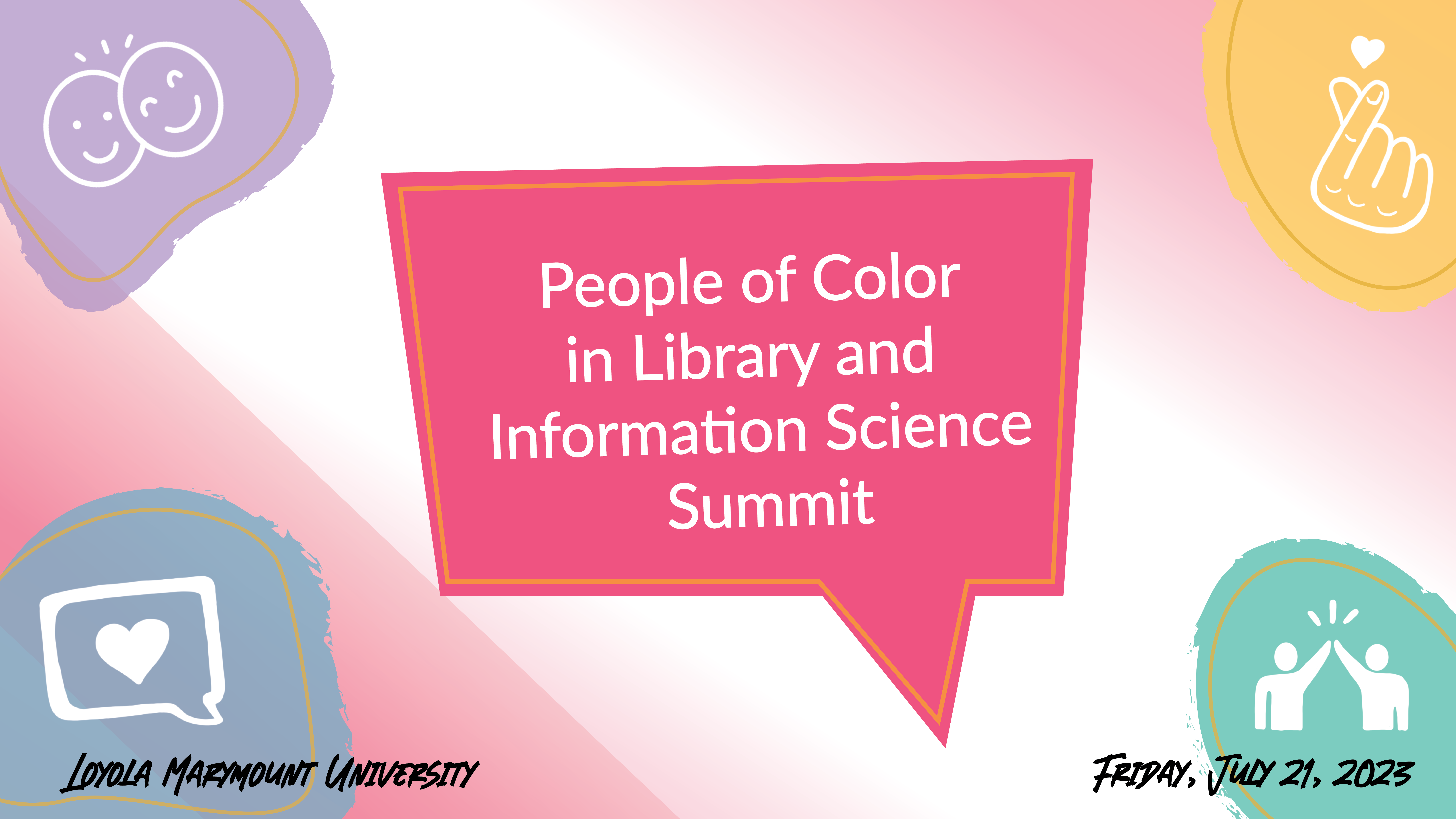Event Type
Lightning Talk
Location
Ahmanson Auditorium
Start Date
21-7-2023 2:25 PM
End Date
21-7-2023 3:25 PM
Description
Through a year-long research grant with the National Museum of Korea, I worked with the Burke Museum of Natural History & Culture in Seattle to decolonize its Korea Collections utilizing Indigenous Knowledge and Theory. The goal was to shift the previously White-curated collections to a Korean community centered collections that has better representation of our heritage. I created an accessible step-by-step guide that students and community members can use to perform similar assessments on their own community collections, providing an opportunity to break down the barriers and fears that BIPOC people face when wanting to work with a collections that includes their community items. Some strategies that I have taken towards creating better representation has been through reparative description, putting items in their native language, and inviting community members and opening up dialogue about the collections.
Outcomes
- How to apply Indigenous Knowledge and Theory to non-Native collections
- What accessible non-academia focused guides look like
- Decolonization strategies and small steps we can take in our everyday tasks
Lightning Talk: The Application of Indigenous Knowledge and Theory to Decolonize a Non-Native Cultural Museum Collections
Ahmanson Auditorium
Through a year-long research grant with the National Museum of Korea, I worked with the Burke Museum of Natural History & Culture in Seattle to decolonize its Korea Collections utilizing Indigenous Knowledge and Theory. The goal was to shift the previously White-curated collections to a Korean community centered collections that has better representation of our heritage. I created an accessible step-by-step guide that students and community members can use to perform similar assessments on their own community collections, providing an opportunity to break down the barriers and fears that BIPOC people face when wanting to work with a collections that includes their community items. Some strategies that I have taken towards creating better representation has been through reparative description, putting items in their native language, and inviting community members and opening up dialogue about the collections.
Outcomes
- How to apply Indigenous Knowledge and Theory to non-Native collections
- What accessible non-academia focused guides look like
- Decolonization strategies and small steps we can take in our everyday tasks




